Case study
OREGON STATE
BUiLDING A
WiNNING ATHLETICS
DEPARTMENT
Case study
OREGON STATE
Building a Winning Athletics Department
A university with 35,000 students from all 50 states and more than 100 countries tossed the ball to Compass to assess, strategize, and suggest change for the Athletics Department.
Client
Oregon State University (OSU) is in the PAC-12 Conference, is run by approximately 250 employees, and supports nearly 600 student athletes.
Challenge
The new Director of Intercollegiate Athletics came into a department charged with critical financial management needs as well as improved performance in the revenue-producing sports. He sought assistance in analyzing the current needs of the department, specifically the culture and the individuals on the leadership team.
Process
Compass conducted a leadership team and culture analysis that included interviews with The Director of Intercollegiate Athletics’ 23 direct reports. Customized questionnaire and a DiSC assessment was completed by each individual to assess skills, strengths, flight risk, and commitment to the organization’s mission. Culture assessment focus groups were held with 100+ staff. A complete review of the documents, including the strategic plan and SWOT analysis, helped to gain a current culture perspective.
I couldn’t be happier with the service that was orchestrated and delivered by Compass. From the outset, they made us feel as if we were their only client, their work was beyond tremendous and we believe sets us up for success both in the short and longer term.
Scott Barnes
Vice President and Director of Intercollegiate Athletics

Scope of Work
Developed a team member dossier, to look like a scouting report, outlining findings and growth suggestions.
Suggested reporting structure changes to elevate strategic positions and increase diversity.
Facilitated mission and core values workshop to define the department culture.
Created a two-day workshop to provide coaching on areas of need, including conflict resolution and delegation.
Led department town hall meeting featuring findings and a leadership Q & A session.
Results
The department adopted, branded, and publicized new core values. The culture became more collaborative and communication has improved. Various leadership shifts were made, including the exit of the football coach negotiated without executing a significant financial contract component, and the role of the financial person was elevated to allow direct communication with the Director of Intercollegiate Athletics.

